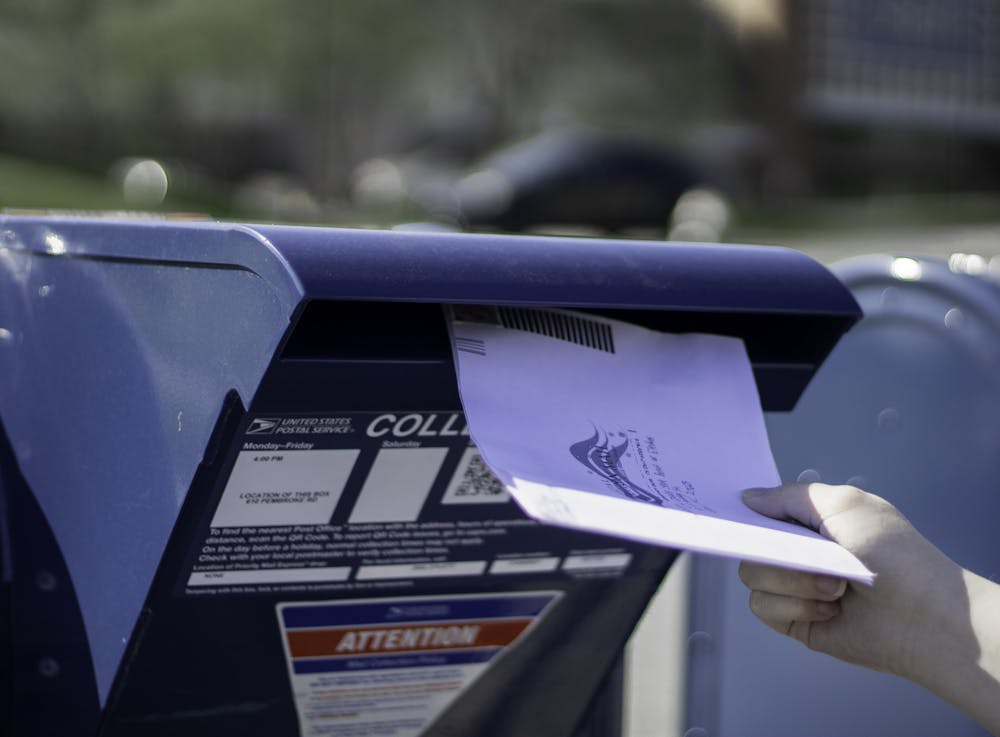Two bills currently in the N.C. General Assembly — Senate Bills 747 and 749 — have the potential to have major impacts on voting processes in North Carolina this fall and beyond.
S.B. 747 — titled Election Law Changes — contains over 20 provisions that propose specific changes to the election processes for voters.
One of these provisions would eliminate the current three-day grace period for absentee mail-in ballots. This grace period currently allows absentee ballots postmarked and sent by Election Day to be counted as long as they arrive at each county’s board of elections within the three days following the election.
N.C. Rep. Allen Buansi (D-Orange) said the elimination of this grace period could have major effects on voters who have been using mail-in ballots for many years.
“If someone mails the ballot by Election Day, or even a few days earlier than Election Day, and their ballot gets there one day after Election Day, even if it's been correctly filled out, it won’t count,” Buansi said. “This is a big change and unfortunately there hasn’t been any money allocated in this bill to inform voters of the change.”
Ann Webb, the policy director of Common Cause North Carolina, said this provision, if passed, could cause valid absentee ballots — many of which are cast by students and younger voters — to be thrown out.
“Thousands of ballots will be thrown in the trash, even though they are valid ballots and were mailed by Election Day,” she said.
Another provision proposed in S.B. 747 would affect same-day voter registration during the early voting period.
Right now, North Carolinians can visit an early voting location and both register to vote and cast a normal ballot. If this bill passes, voters who register to vote at an early voting site must cast a provisional ballot if they do not provide both a valid photo ID and a secondary proof of address.



